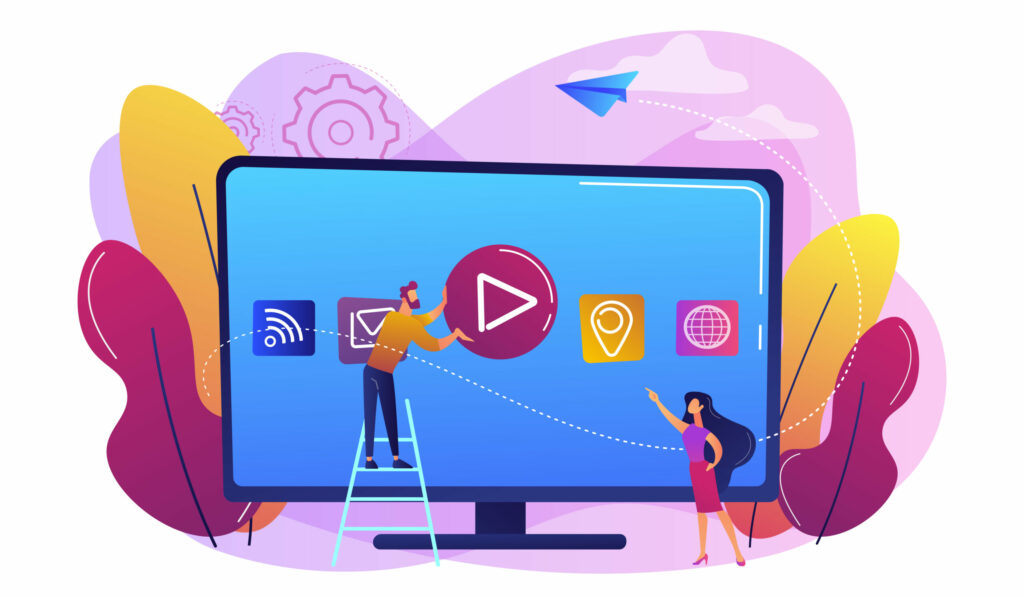
BSLBT CEO: The World is Changing for Deaf People
The British Sign Language Broadcasting Trust (BSLBT), a creator of content for deaf BSL users, has also created initiatives designed to encourage more deaf people behind the camera and more deaf subtitlers.
On Feb. 29, during the ITS Localisation event in London, Camilla Arnold, CEO of BSLBT, and Stephanie Burke, production executive at BSLBT, also discussed how the mainstream industry can become allies in a world that is changing for deaf people.
The session, “The Deaf Way,” was moderated by Lindsay Bywood, senior lecturer at the University of Westminster.
“We’re the alternative option for broadcasters to provide sign language content as part of their access obligations” in the UK, and has “commissioned a variety of programmes across a number of genres,” Arnold said.
Noting she was also a producer-director herself, Arnold told attendees: “I’ve been working in the industry for over 15 years, [and] I’m very passionate about giving opportunities to deaf talent. As you all know, this is a difficult industry to get into anyway, and when you’ve got the additional pressures of being a deaf person, there is still, in some ways, discrimination.”
She added: “That’s why here at BSLBT we feel very passionate about providing opportunities for deaf people in a variety of roles across the production process, subtitling being one of them…. We like to give people training opportunities and then see them go into working on mainstream productions. We don’t want deaf people to be pigeonholed just within the deaf production industry…. That is our ethos and philosophy.”
 Burke, meanwhile, has been working for about six months on what she said is a “new initiative: the first training course for deaf people to subtitle BSL programmes. Historically, all our programmes, deaf and BSL programmes, have always been subtitled by hearing people. So this is a first for us doing a training course and using native BSL users for subtitling the programmes.”
Burke, meanwhile, has been working for about six months on what she said is a “new initiative: the first training course for deaf people to subtitle BSL programmes. Historically, all our programmes, deaf and BSL programmes, have always been subtitled by hearing people. So this is a first for us doing a training course and using native BSL users for subtitling the programmes.”
She predicted the initiative “will create lots more opportunities” for deaf people [to] develop their talents and it also means that the subtitles will be of better quality.”
BSLBT is working in partnership on the initiative with OOONA, whose platform, she said, was being developed by OOONA “from scratch.”
The partnership was announced by the companies in February.
The companies will be developing that initiative “over the next few months,” starting in March and running through December 2024, Burke said.
The deaf subtitling trainees will be “working with our deaf producers on some of the programmes, so it’s teaching them how to work within a production company, which is key,” according to Burke.
They will also be “discussing things like sound,” she said, noting the trainees will “need to understand that there is sound on the programme.”
ITS Localisation was presented by MESA in association with the Content Localisation Council and Smart Content Council, and sponsored by Dubformer, Iyuno, AppTek, EIDR, Blu Digital Group, OOONA, Papercup, and Deluxe.
